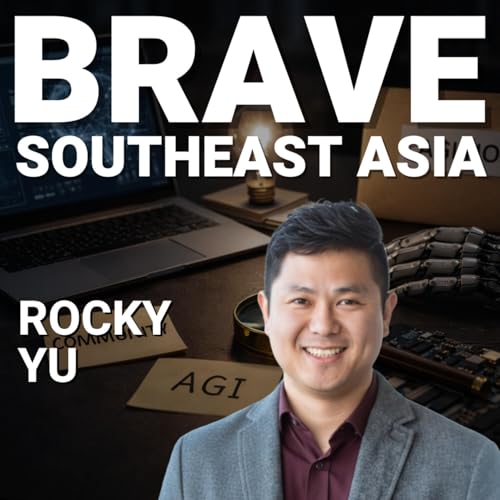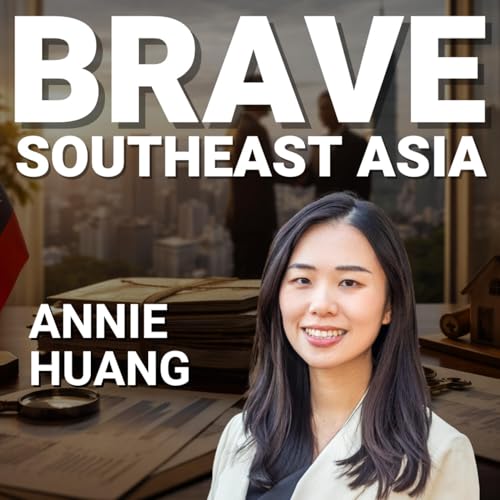Jeremy Au breaks down how venture capitalists actually think about startups, founder selection, and long-term value creation. Drawing from real VC decisions, classroom debates, and emerging technologies, he explains why learning speed beats polish, why most “obvious” winners only look obvious in hindsight, and how founders navigate pivots, problem selection, and 10× breakthroughs. The conversation also explores how strange technologies move from science fiction to commercialization, and how VCs evaluate scale, network effects, and unit economics in practice.
01:19 Founder potential vs. founder today: The gap between who a founder is now and who they must become over ten years, shaped by grit, learning, timing, and luck.
04:38 Learning speed as a competitive advantage: Jeremy explains why the fastest learners outcompete both startups and incumbents.
07:00 From non-problems to startups: How ideas like AI companions turn situational pain into viable businesses.
09:13 Commercializing breakthrough science: How founders think about customer personas, regulation, and product-market fit for radical technologies.
12:21 Product stays, customer changes: How commercialization often means reframing who the technology is really for.
Watch, listen or read the full insight at https://www.bravesea.com/blog/how-vcs-pick-winners
WhatsApp: https://whatsapp.com/channel/0029VakR55X6BIElUEvkN02e
TikTok: https://www.tiktok.com/@jeremyau
Instagram: https://www.instagram.com/jeremyauz
Twitter: https://twitter.com/jeremyau
LinkedIn: https://www.linkedin.com/company/bravesea
Spotify
English: https://open.spotify.com/show/4TnqkaWpTT181lMA8xNu0T
Bahasa Indonesia: https://open.spotify.com/show/2Vs8t6qPo0eFb4o6zOmiVZ
Chinese: https://open.spotify.com/show/20AGbzHhzFDWyRTbHTVDJR
Vietnamese: https://open.spotify.com/show/0yqd3Jj0I19NhN0h8lWrK1
YouTube
English: https://www.youtube.com/@JeremyAu?sub_confirmation=1
Apple Podcast
English: https://podcasts.apple.com/sg/podcast/brave-southeast-asia-tech-singapore-indonesia-vietnam/id1506890464
#VentureCapital #StartupLife #FounderMindset #UnicornBuilding #LearningFast #TechInnovation #ProductMarketFit #ScaleAndGrowth #SoutheastAsiaTech #BRAVEpodcast
 32 分
32 分 2026/01/1137 分
2026/01/1137 分 2026/01/0740 分
2026/01/0740 分 21 分
21 分 2025/12/3130 分
2025/12/3130 分 2025/12/2846 分
2025/12/2846 分 2025/12/2436 分
2025/12/2436 分 38 分
38 分
